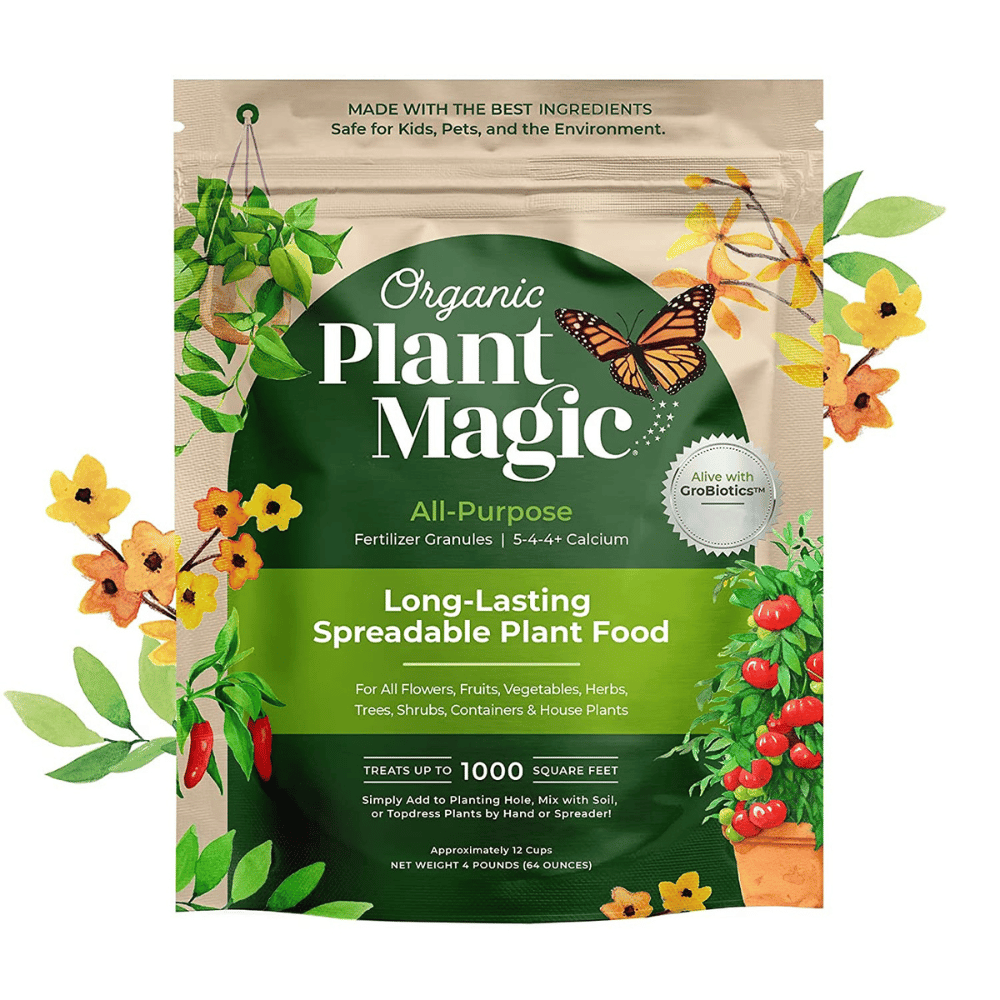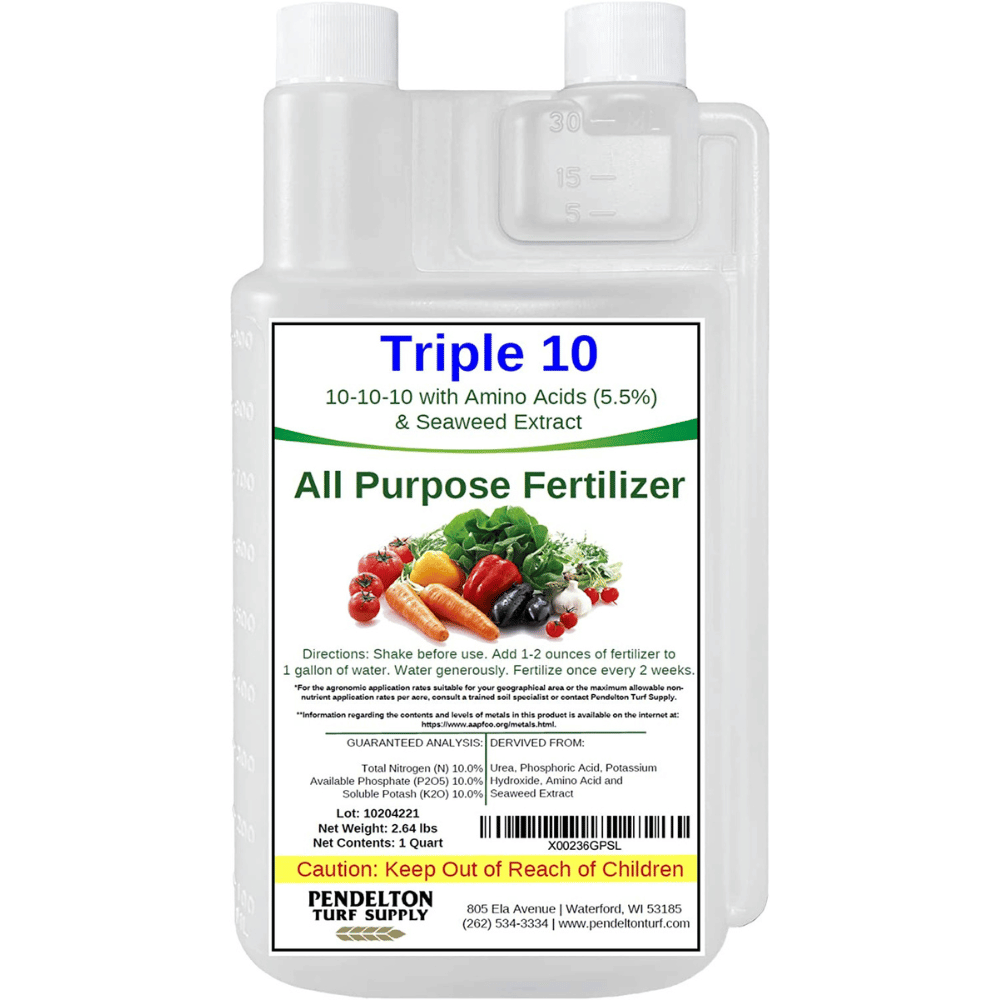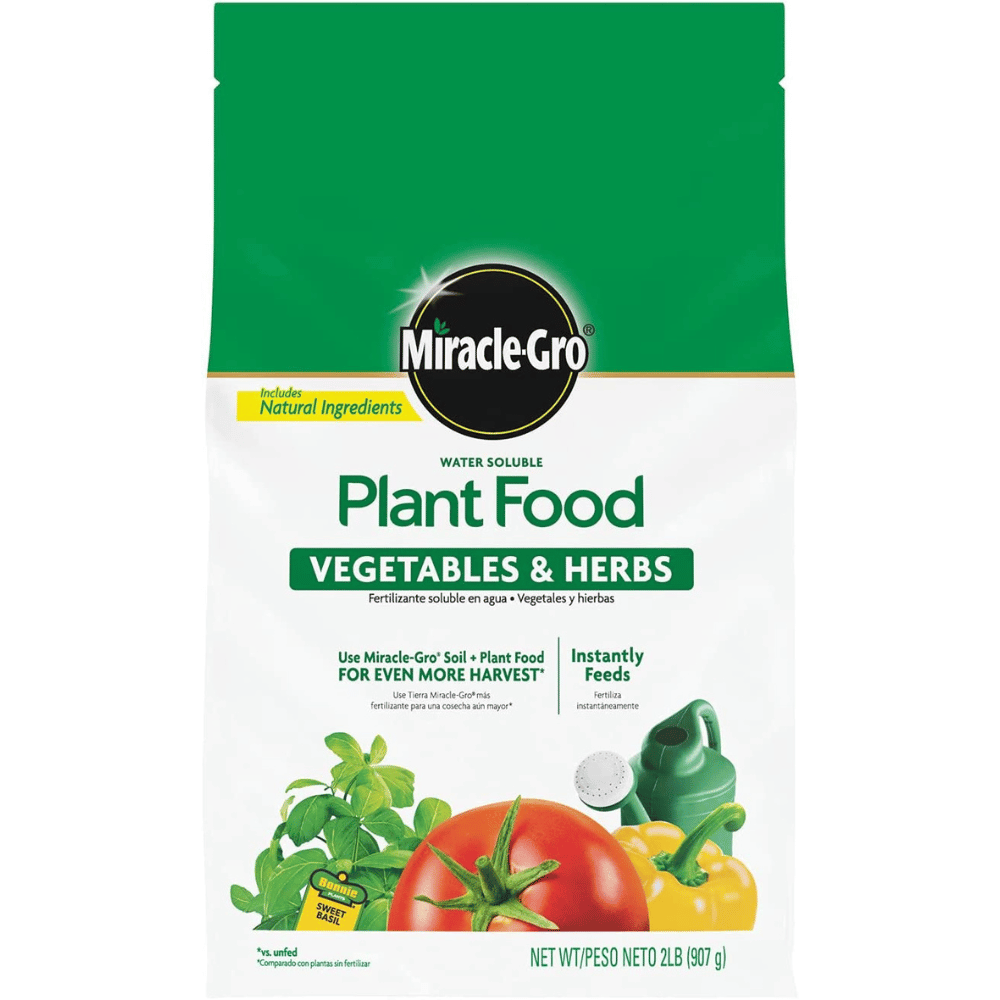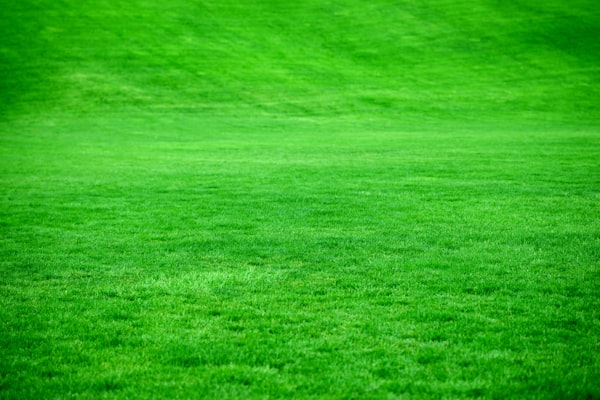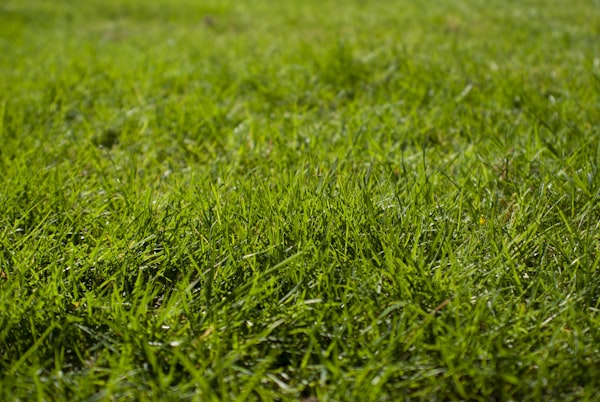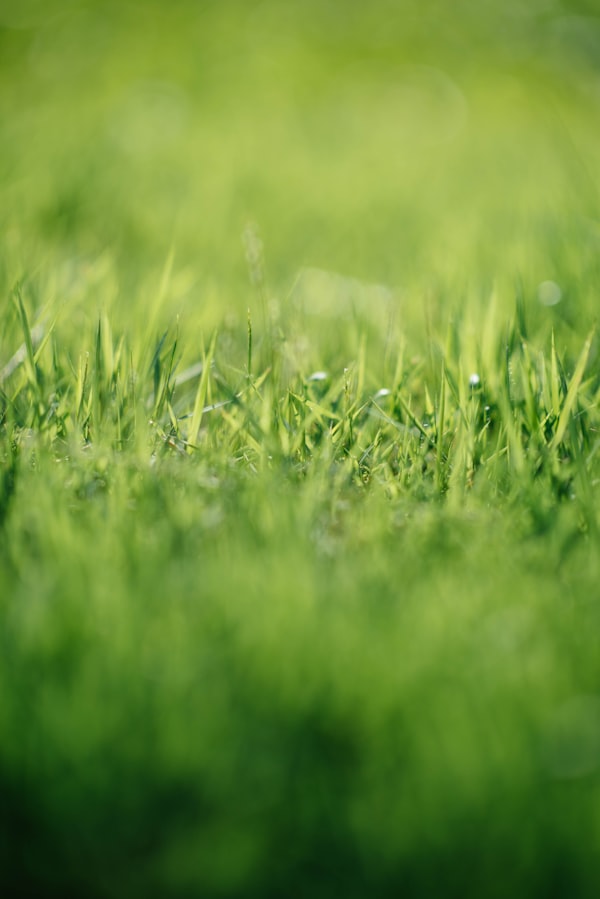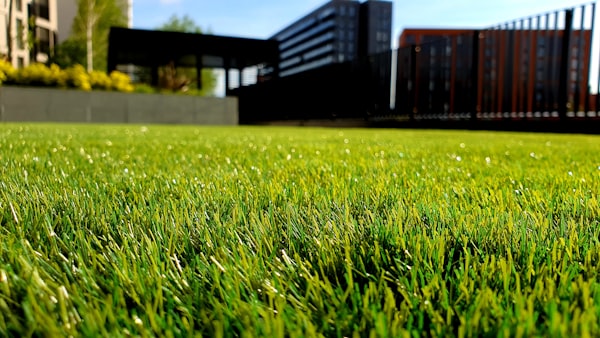Types of Fertilizer for Vegetable Gardens
There are three main types of fertilizer: organic, synthetic, and natural. Each type has its own unique benefits and drawbacks, and it's important to understand the differences before making a decision.
Organic Fertilizer
Organic fertilizers are made from natural materials such as compost, manure, and bone meal. They are considered to be the best option for vegetable gardens because they add valuable nutrients to the soil, improve soil structure, and promote healthy plant growth. In addition, organic fertilizers are environmentally friendly and do not contain any harmful chemicals.
Synthetic Fertilizer
Synthetic fertilizers are made from chemical compounds and are designed to provide plants with quick and fast results. While they are effective in providing nutrients, they are often not as long-lasting as organic fertilizers and can damage the soil over time. In addition, synthetic fertilizers are often made from non-renewable resources and can have negative environmental impacts.
Natural Fertilizer
Natural fertilizers are made from natural materials, but they are not considered to be organic. Some examples include rock minerals and seaweed. Natural fertilizers are a good choice for gardeners who want a more sustainable option, but they may not be as effective as organic fertilizers in providing all the necessary nutrients.
Should I use Liquid or Granular fertilizer?
The choice between liquid and granular fertilizer will depend on several factors, including the type of plants you are growing, the stage of growth they are in, and your personal preferences.Liquid fertilizers are absorbed into the soil quickly and provide plants with fast results. They are a good choice for plants that need a quick boost of nutrients, such as seedlings and young plants. Additionally, liquid fertilizers are easy to use and can be applied directly to the soil or to the leaves of the plants.
Granular fertilizers are slow-release and provide plants with a steady supply of nutrients over a longer period of time. They are a good choice for mature plants that are growing well and do not need a quick boost of nutrients. Granular fertilizers are also easy to apply and can be spread evenly over the soil.
Benefits of Fertilizing Your Garden
Fertilizing provides numerous benefits, including improved soil structure, increased plant growth, and enhanced plant health. Additionally, it can help to reduce the amount of water and pesticides needed, which can be beneficial for both your garden and the environment.
Improved Soil Structure
Fertilizers can improve the structure of the soil, making it easier for plants to absorb nutrients and water. A healthy soil structure is essential for healthy plant growth and can help to reduce the need for other inputs such as water and pesticides.
Increased Plant Growth
Fertilizing can help to increase plant growth, leading to a more productive and bountiful garden. This is because fertilizers provide plants with the essential nutrients they need to grow strong and healthy.
Enhanced Plant Health
Fertilizing your garden can help to enhance the overall health of your plants. A healthy garden is less susceptible to diseases and pests, and it can also be more resilient during periods of stress, such as drought or extreme weather conditions.
Choosing the Right Fertilizer for Your Garden
When choosing a fertilizer for your garden, it's important to consider several factors, including the type of soil you have, the type of plants you're growing, and your personal preferences.
Soil Type
The type of soil you have will greatly affect the type of fertilizer you choose. For example, clay soils are often heavy and dense, while sandy soils are light and quick-draining. It's important to choose a fertilizer that is suitable for your soil type to ensure that your plants receive the right amount of nutrients.
Plant Type
The type of plants you're growing will also impact the type of fertilizer you choose. For example, some plants, such as tomatoes and peppers, require more nitrogen than others, while others, such as leafy greens, require more phosphorus. Knowing the specific needs of your plants will help you choose the right fertilizer to meet their needs.
Personal Preferences
Finally, it's important to consider your personal preferences when choosing a fertilizer. Some gardeners prefer organic fertilizers because they are environmentally friendly, while others prefer synthetic fertilizers because they provide quick results. It's important to choose a fertilizer that you feel comfortable using and that meets your specific needs.
How We Chose the Best Fertilizer for a Vegetable Plants
Our goal is to help you find the best products on the market. When it comes to picking the best fertilizers for vegetable gardens, we rely on a combination of customer reviews and expert opinions to make our recommendations. We carefully evaluate customer reviews, paying close attention to feedback from gardeners with similar needs and conditions to our own customers. This helps us to gain a comprehensive understanding of how a product performs in real-world situations. We also consider expert opinions, including those of horticulturists and gardening professionals. These experts provide valuable insights into the performance, effectiveness, and quality of different fertilizers.
By combining customer reviews and expert opinions, we are able to make informed recommendations to you, helping you choose the best fertilizers for your vegetable garden. Our goal is to provide you with reliable and trustworthy information, so you can pick the right one.
Organic Plant Magic
Why We Love It
Organic Plant Magic is the best organic fertilizer to use for all kinds of garden and house plants. It contains a carefully balanced blend of essential nutrients that helps promote bigger fruits and vegetables, stronger roots, and increased flower production. The granules are easy to apply with a spreader or by hand over your lawn and garden beds. This fertilizer application will help promote healthy plants with beautiful blooms while benefiting the environment. With Organic Plant Magic, you can rest assured that you’re doing the right thing for your garden and the planet at the same time. This is one of the best granular fertilizers around.
Triple 10 All Purpose Liquid Fertilizer
Why We Love It
Triple 10 all-purpose vegetable fertilizer is an excellent choice for your vegetable garden. This fertilizer is specially formulated to provide the nutrients that vegetables require to grow strong and healthy. With the combination of organic ingredients and chemical fertilizer, it will feed you plants the essential elements they need to stay healthy and produce high yields. The soluble fertilizer is easy to use and quickly absorbed by the plant's root system, making it a great choice for fertilizing vegetables. It also contains amino acids and seaweed extract which will help promote healthy foliage growth and vibrant colors in your crops. With Triple 10, you can ensure that your plants will get all the nutrients they need to produce a successful harvest and have the best vegetables in the neighborhood!
Farmer’s Secret - Plant Booster
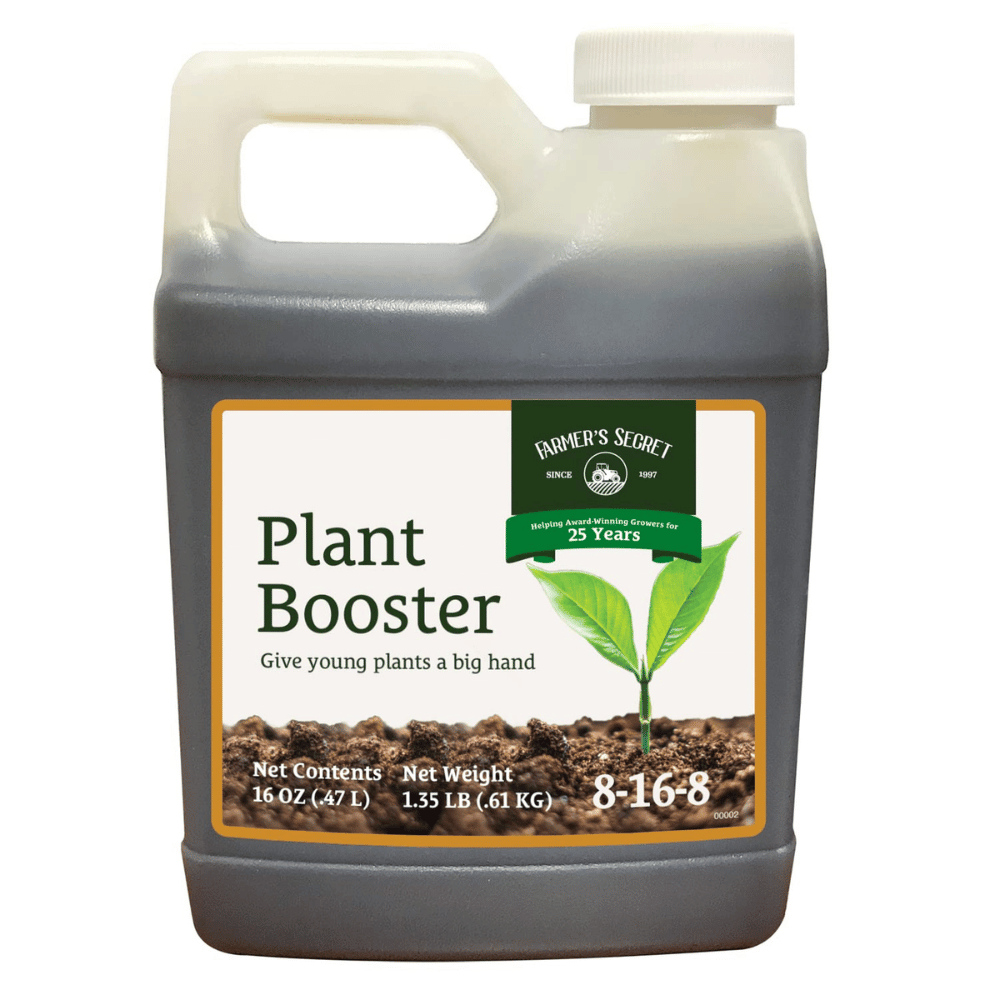
Farmer’s Secret - Plant Booster - Give Young Plants a Big Hand - Root and Foliar Plant Food
Why We Love It
Farmer's Secret Plant Booster is an easy to use liquid fertilizer that can be used to feed your plants. It promotes strong stems and larger leaves and helps give young plants a big hand. This root and foliar plant food is perfect for providing the extra nutrition your herbs and leafy plants may need. It comes in 16 ounce bottles, so you can easily measure out the desired amount for your plants. Farmer's Secret is great for giving young plants a boost or helping established plants stay healthy and productive. With just a few applications, you'll be able to see the difference in your plants!
Miracle-Gro Plant Food
Why We Love It
Miracle-Gro is a great way to help your vegetables and plants grow. It’s easy to use, just mix it with water and apply it directly to the soil around your plants. This fertilizer is specially formulated for vegetables and herbs, so you can be sure that your plants are getting all the nutrients they need. It helps promote strong root systems and lush foliage, allowing your plants to reach their full potential. The natural formula also helps reduce stress from drought or other environmental factors. So if you want to give your vegetables a boost and help them reach their highest potential, Miracle-Gro is a great choice!
Frequently Asked Questions About the Best Fertilizers for Vegetables
Choosing the right fertilizer for your vegetable garden can be a challenging task. With so many options available, it's important to have all the information you need to make an informed decision. In this FAQ section, we will answer some of the most commonly asked questions about the best fertilizers for vegetable gardens.
Why is it important to fertilize your vegetable garden?
Fertilizer for a vegetable garden provides numerous benefits, including improved soil structure, increased plant growth, and enhanced plant health. A healthy soil structure is essential for healthy plant growth and can help to reduce the need for other inputs such as water and pesticides. Fertilizing your garden can help to increase plant growth, leading to a more productive and bountiful garden. Additionally, a healthy garden is less susceptible to diseases and pests, and it can also be more resilient during periods of stress, such as drought or extreme weather conditions.
What are the benefits of using organic fertilizer?
Organic fertilizers are considered to be the best option for vegetable gardens because they add valuable nutrients to the soil, improve soil structure, and promote healthy plant growth. In addition, organic fertilizers are environmentally friendly and do not contain any harmful chemicals. By using organic fertilizer, gardeners can improve the health of their soil, reduce their environmental impact, and grow healthy, productive plants.
How often should I use a vegetable fertilizer?
The frequency with which you should fertilize your vegetable garden will depend on several factors, including the type of fertilizer you are using, the type of soil you have, and the specific needs of your plants. It's important to follow the instructions on the fertilizer you choose and to monitor the health of your plants. If your plants are growing well, you can reduce the frequency with which you fertilize. If they are not, you may need to fertilize more often.
What type of fertilizer is best for clay soil?
Clay soil is often heavy and dense, and it can be difficult for plants to absorb nutrients and water. It's important to choose a fertilizer that is suitable for clay soil to ensure that your plants receive the right amount of nutrients. Organic fertilizers are often a good choice for clay soil because they improve soil structure and help to reduce compaction. Additionally, fertilizers that are high in phosphorus can be beneficial for plants grown in clay soil.
What are the differences between synthetic and natural fertilizers?
Synthetic fertilizers are made from chemical compounds and are designed to provide plants with quick and fast results. While they are effective in providing nutrients, they are often not as long-lasting as organic fertilizers and can damage the soil over time. Natural fertilizers are made from natural materials, but they are not considered to be organic. Some examples include rock minerals and seaweed. Natural fertilizers are a good choice for gardeners who want a more sustainable option, but they may not be as effective as organic fertilizers in providing all the necessary nutrients.
Is it possible to over-fertilize my vegetable garden?
Yes, it is possible to over-fertilize your vegetable garden. Over-fertilization can lead to a buildup of salts in the soil, which can be harmful to your plants. Additionally, it can lead to the leaching of valuable nutrients from the soil, reducing the overall health of your garden. It's important to follow the instructions on the fertilizer you choose and to monitor the health of your plants. If you notice any signs of over-fertilization, such as yellowing leaves or stunted growth, it's important to reduce the frequency with which you fertilize.
Can I use fertilizer on newly planted seeds or seedlings?
The health of your plants is the best indicator of whether or not your garden needs fertilizer. If your plants are growing well, they are likely receiving the nutrients they need from the soil. If they are not growing well, it's possible that they are lacking in certain nutrients and may benefit from fertilization. Additionally, if you notice yellowing leaves, stunted growth, or other signs of stress, it's possible that your garden may need fertilizer.
Can I use the same fertilizer for all of my plants?
No, it's not recommended to use the same fertilizer for all of your plants in the garden. Different plants have different nutrient needs, and it's important to choose a fertilizer that meets the specific needs of your plants. Some plants, such as tomatoes and peppers, require more nitrogen than others, while others, such as leafy greens, require more phosphorus. Knowing the specific needs of your plants will help you choose the right fertilizer to meet their needs.
Are there any environmentally friendly alternatives to synthetic fertilizer?
Yes, there are environmentally friendly alternatives to synthetic fertilizer. Organic fertilizers are considered to be the best option for vegetable gardens because they are environmentally friendly and do not contain any harmful chemicals. Additionally, natural fertilizers, such as rock minerals and seaweed, are also environmentally friendly alternatives to synthetic fertilizer. By choosing an environmentally friendly fertilizer, you can help to reduce your environmental impact and promote healthy, sustainable gardening practices.
Should I do a soil test?
Yes, it is recommended to do a garden soil test before choosing a fertilizer for your vegetables. A soil test will provide important information about the pH levels, nutrient levels, and soil structure of your garden, allowing you to choose a fertilizer that is best suited to your specific needs. By knowing what your soil needs, you can ensure that your plants receive the nutrients they need to grow healthy and strong. Additionally, a soil test will help you to avoid over-fertilizing, which can be harmful to your plants and the environment. Soil tests are widely available and can be conducted by a local cooperative extension office, gardening center, or online service.
Additional Resources
Looking for more information on growing an amazing vegetable garden. There are many books available that provide valuable information for your vegetable gardens. For example, "The Organic Gardener's Handbook of Natural Insect and Disease Control" by Barbara W. Ellis provides comprehensive information on organic pest control and fertilization. "The Rodale Book of Composting" by Deborah L. Martin is another excellent resource that provides information on composting and the use of compost as fertilizer. These books provide in-depth information and practical advice on gardening and fertilization, making them valuable resources for gardeners of all levels.
Conclusion
Fertilizing your vegetable garden is an important step in ensuring its success. Whether you choose organic, synthetic, or natural fertilizer, the key is to choose the right one for your garden and your needs. With the right fertilizer, you can enjoy a productive and healthy garden filled with fresh, delicious produce. So, take the time to research your options and choose the best fertilizer for your vegetable garden today!


